Health And Medicine
-

Pathways to delirium in the ICU
Study suggests that the “kynurenine” biochemical pathway could be a target for reducing delirium and coma in critically ill patients. Read MoreApr 17, 2012
-

Study examines sleep apnea’s role in lung diseases
Vanderbilt’s idiopathic pulmonary fibrosis research group is embarking on a study to determine the prevalence of sleep apnea in people with other interstitial lung diseases. Read MoreApr 13, 2012
-
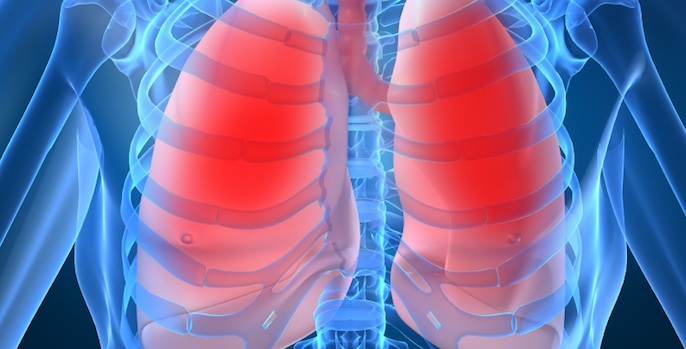
Researchers spot Achilles’ heel in respiratory virus
A new viral protein structure could jump-start vaccine development for two leading causes of lower respiratory disease in children and elderly adults. Read MoreApr 13, 2012
-

Wilms’ tumors differ in developing nations
In addition to limited health care resources, biological factors may play a role in the poor survival of children with a common kidney cancer in developing nations. Read MoreApr 13, 2012
-
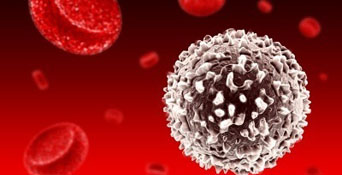
Targeting post-transplant diabetes
Targeting diabetes that develops after a stem cell transplant may help moderate graft-vs.-host disease, an adverse effect of the procedure, and improve outcomes. Read MoreApr 12, 2012
-
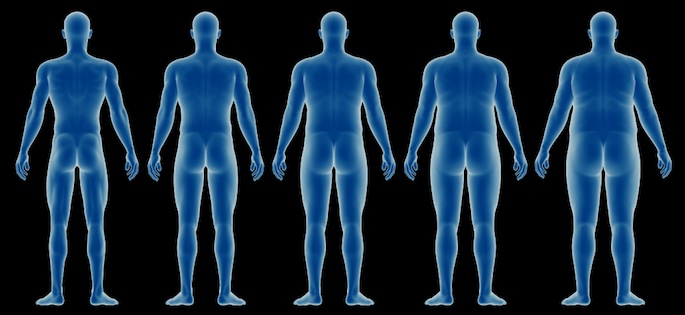
Vanderbilt research finds immune cells fan flames of obesity-related inflammation
Researchers at Vanderbilt University have discovered that an unusual set of immune cells, called invariant natural killer T cells, can exacerbate obesity-related inflammation. Read MoreApr 10, 2012
-

Minds wide open: Neuroscience at Vanderbilt
Vanderbilt University has emerged as one of the nation’s leading academic centers in neuroscience. Read MoreApr 6, 2012
-
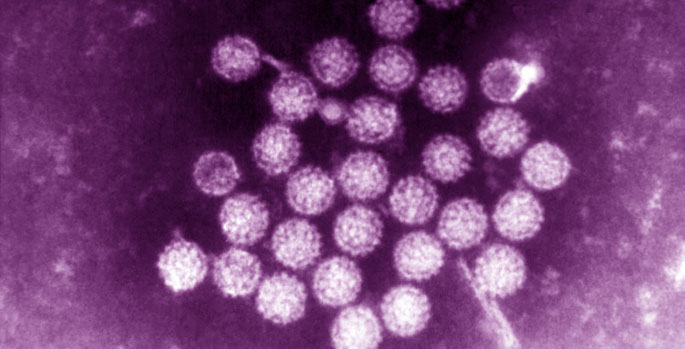
Factor sensitizes cancer to radiation
Measuring levels of an enzyme in head and neck tumors may indicate how the tumor will respond to radiation therapy. Read MoreApr 6, 2012
-
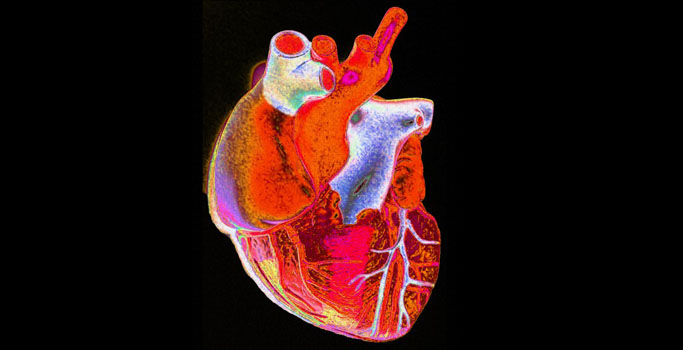
New tool hooks heart failure drugs
A new screening tool – using glowing fish embryos – could identify therapeutics for myocardial hypertrophy and heart failure. Read MoreApr 6, 2012
-

Plant compound quells inflammation
Berberine, an herbal remedy for diarrhea and intestinal parasites, may be an effective treatment for gastrointestinal inflammatory diseases. Read MoreApr 6, 2012
-

Gut germs govern growth
Treating H. pylori infection in children may help their growth rebound, a recent study suggests. Read MoreApr 6, 2012
-
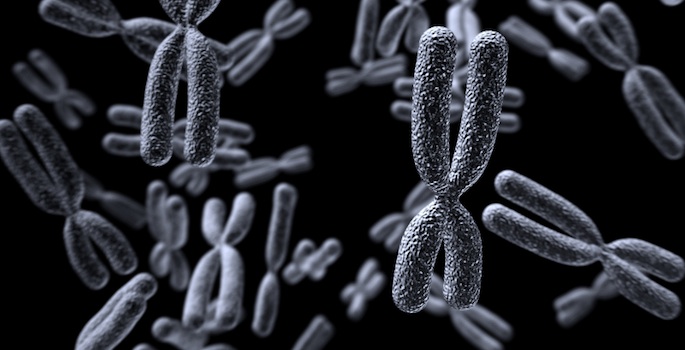
Vanderbilt researchers help reveal complex role of genes in autism
Mutations in hundreds of genes involved in wiring the brain may contribute to the development of autism spectrum disorders (ASD). Read MoreApr 4, 2012
-

Cruciferous vegetables may improve breast cancer survival
A study by Vanderbilt-Ingram Cancer Center and Shanghai Center for Disease Control and Prevention investigators reveals that breast cancer survivors who eat more cruciferous vegetables may have improved survival. Read MoreApr 3, 2012
-

New York Times: Study says DNA’s power to predict illness is limited
Vanderbilt University is already doing genetic analyses of patients to help in developing a shortlist of effective drugs, says Dr. William Schaffner, chairman of the department of preventive medicine at its medical school. Read MoreApr 3, 2012
-

Higher-spending hospitals have fewer deaths for emergency patients
Higher-spending hospitals have better outcomes for their emergency patients, including fewer deaths, according to a Vanderbilt study released as a working paper through the National Bureau of Economic Research. Read MoreApr 3, 2012
-

Vanderbilt autism experts available for World Autism Day, National Autism Awareness Month
Autism experts from Vanderbilt University are available for interviews on World Autism Awareness Day, designated by the United Nations as April 2. Read MoreMar 30, 2012
-

Stem cell population may hold colon cancer clues
Vanderbilt-Ingram Cancer Center researchers have identified a new population of intestinal stem cells that may hold clues to the origin of colorectal cancer. Read MoreMar 29, 2012
-

TRIAD director on new CDC findings for autism prevalence
Zachary Warren, director of the Vanderbilt Kennedy Center’s Treatment and Research Institute for Autism Spectrum Disorders at Vanderbilt University, says effective early identification and treatment of autism is a public health emergency. Read MoreMar 29, 2012
-

Vanderbilt researchers find rise in teen hearing loss; offer headphone safety tips
According to a Vanderbilt-led study published in Journal of the American Medical Association, hearing loss is now affecting 20 percent of U.S. adolescents ages 12 to 19, which is a 5 percent increase over the past 15 years. Read MoreMar 28, 2012
-

Vanderbilt cancer investigators win two national GE cancer research grants
Vanderbilt-Ingram Cancer Center investigators have won two of the five global innovation grants awarded by the “GE Healthymagination Cancer Challenge.” Read MoreMar 28, 2012